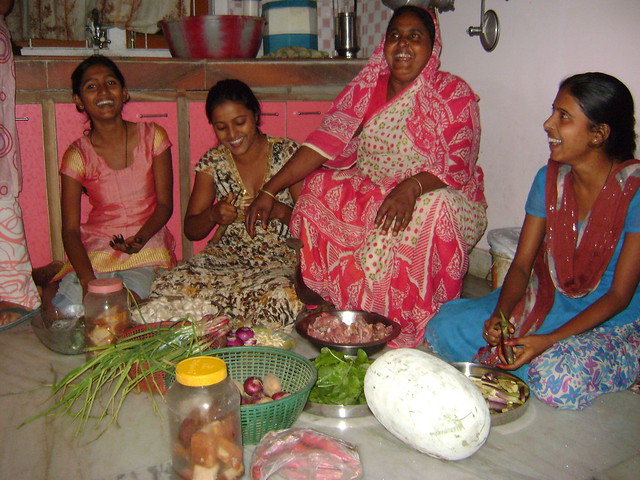By Gurmukh Singh, IANS,
Toronto : Noted financier and philanthropist George Soros said here Monday that Beijing was tightening its grip on the world economy and global economic power was shifting away from the US to China.
Accepting the Globalist of the Year award from the Canadian International Council here, Soros drew a parallel between the decline of Britain after World War II and that of the US today and said: "There is a really remarkable, rapid shift of power and influence from the United States to China."
However, he was unsparing of Chinese economic policies, including its devalued currency, to manipulates trade in its favour.
These policies, he said, are hindering the global economic recovery.
Impressing upon Beijing to change these policies, he said: "China has risen very rapidly by looking out for its own interests. They have now got to accept responsibility for world order and the interests of other people as well."
The financier was equally critical of the Obama administration's role in the global recovery, adding that the US president's decision to pump an additional $600 billion into the financial system will have "harmful side-effects" for the recovery process.
"History shows that it gives rise to asset bubbles and it disrupts the foreign-exchange markets," said the Hungarian-born financier and author of the book "The Alchemy of Finance".
Perhaps hinting at the currency and trade wars at the just finished G20 summit, he said: "The world order as we know it is turning into disorder. The G20 looked like the new central area of cooperation, and it actually did perform at the initial conference, but ever since then opinions have been pulling it apart and in Seoul I think that process was taken a step further."
(Gurmukh Singh can be contacted at gurmukh.s@ians.in)
